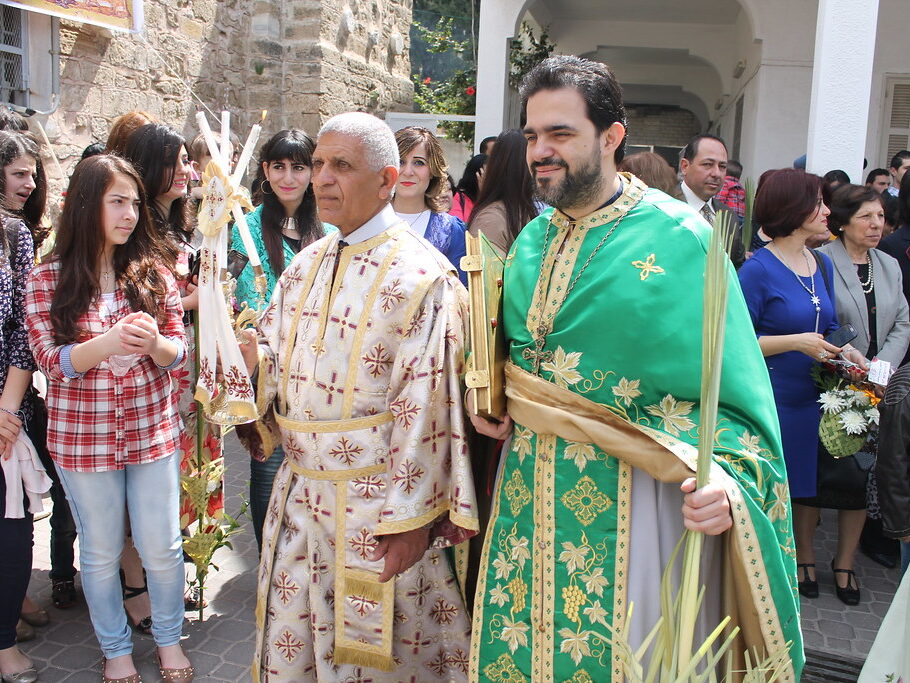
Orthodox Christianity is one of the oldest branches of the Christian faith, yet it is still misunderstood by many. Because traditions, worship, and practices look different from what most people are familiar with, misconceptions are common. These misunderstandings can lead to confusion, stereotypes, or even unfair judgments. Here are 15 of the most frequent misconceptions people have about Orthodox Christians and what the reality actually is.
They Are the Same as Catholics
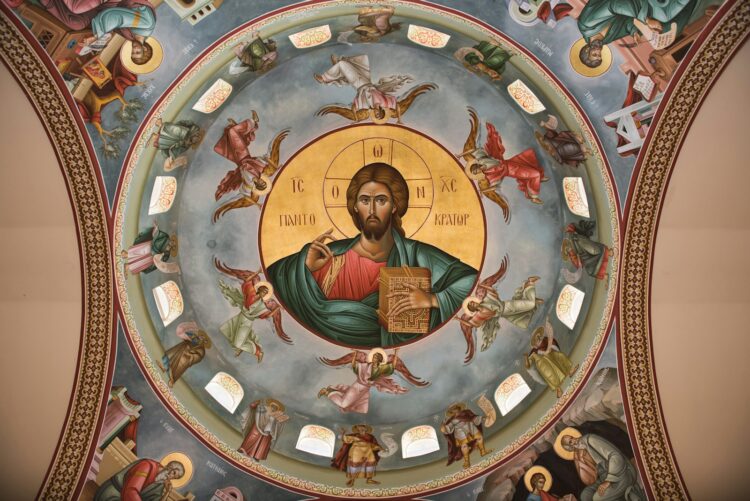
Many people assume Orthodox Christians and Catholics are basically identical, but the two churches are distinct. While they share early Christian roots, differences in theology, traditions, and leadership have set them apart for centuries. Orthodox Christians do not follow the Pope and instead have independent bishops and patriarchs. Lumping the two together ignores the rich identity and independence of Orthodoxy.
They Worship Icons
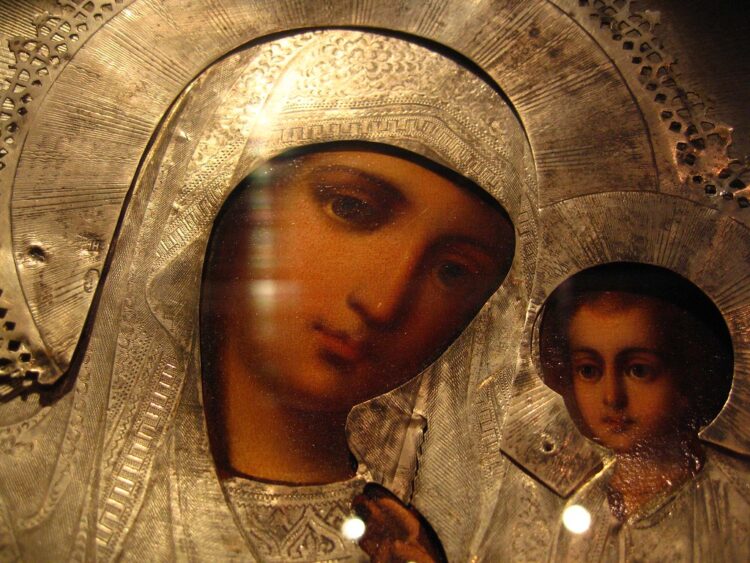
One of the most common misconceptions is that Orthodox Christians worship icons. In reality, icons are not worshiped but honored as sacred art that points to God. They serve as visual reminders of faith and windows into the spiritual world. For Orthodox believers, veneration of an icon is directed toward the holy person it represents, not the physical object itself.
Their Services Are Only for Ethnic Groups
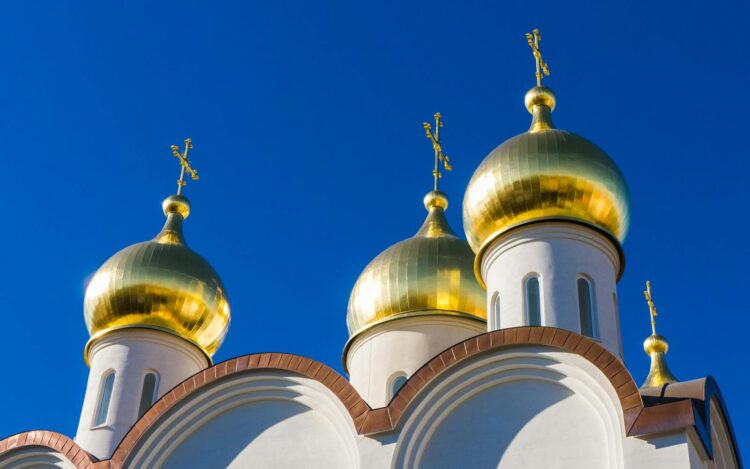
Some assume Orthodox Christianity belongs only to certain nationalities, such as Greeks, Russians, or Serbians. While cultural traditions influence worship styles, Orthodoxy is not limited to ethnicity. Services are open to anyone, and converts from all backgrounds are welcome. The faith may carry cultural ties, but it is about shared belief, not any kind of nationality or heritage.
They Do Not Read the Bible

People sometimes think Orthodox Christians ignore the holy Bible and only focus on tradition. In reality, Scripture is central to Orthodox faith and worship. Readings from the Old and New Testaments are included in every service, and many prayers come directly from Scripture. The difference is that Orthodoxy combines the Bible with the teachings and practices handed down through the early church.
They Believe in a Different Jesus
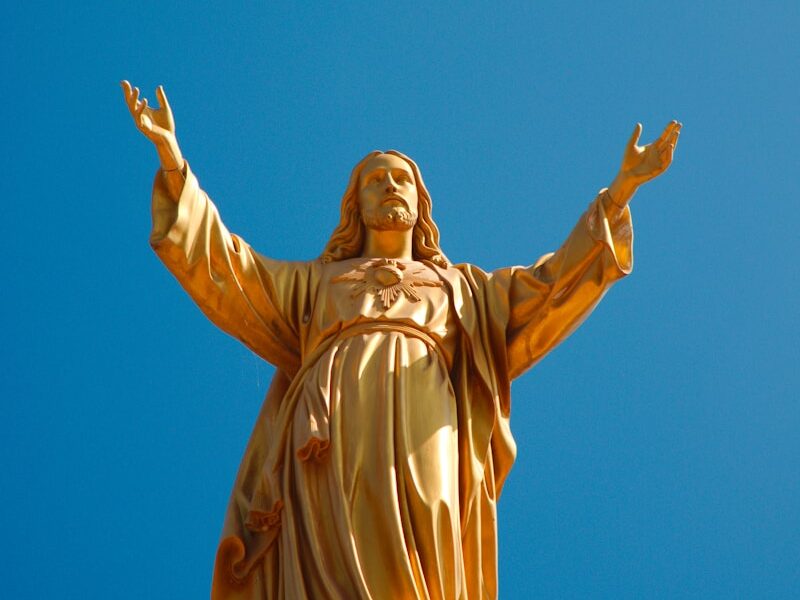
Because services and theology can seem unfamiliar, some assume Orthodox Christians believe in a different version of Jesus. This is not at all true. Orthodox faith centers fully on Jesus Christ as the Son of God, Savior, and risen Lord. The focus on His death and resurrection is at the heart of worship and daily life. The difference lies in how faith is expressed, not in who Jesus is.
They Are Not Really Christian
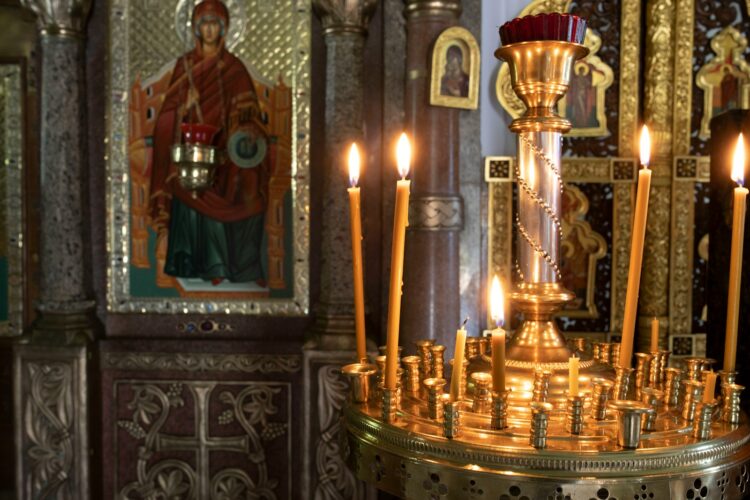
Another common misconception is that Orthodox Christians are outside the Christian faith. This comes from unfamiliarity with their traditions. Orthodoxy is one of the three main historic branches of Christianity, alongside Catholicism and Protestantism. Orthodox believers follow the teachings of Christ, the Scriptures, and the creeds of the early church. To say they are not Christian overlooks their ancient and faithful witness.
They Always Follow Strict Rules
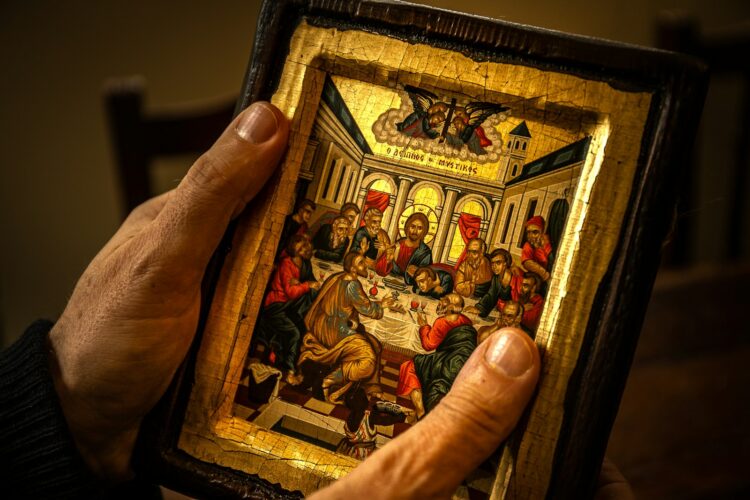
Some people think Orthodox life is nothing but rules, especially around fasting or worship practices. While discipline is very important, Orthodoxy is not just about rigid regulations. Practices like fasting are meant to bring believers closer to God, not burden them with endless restrictions. Orthodox faith focuses on the transformation of the heart through prayer, worship, and devotion.
They Do Not Believe in Grace
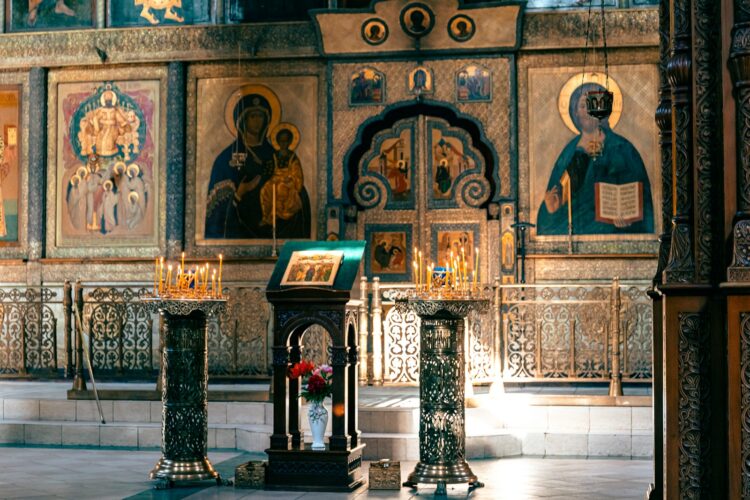
Because Orthodox Christians emphasize faith and works together, outsiders sometimes think they do not believe in grace. In truth, grace is central to Orthodoxy. Salvation is understood as a process of healing and transformation made possible through God’s grace. Good works are seen as a response to God’s love, not a way to earn it.
Their Services Are Boring or Repetitive
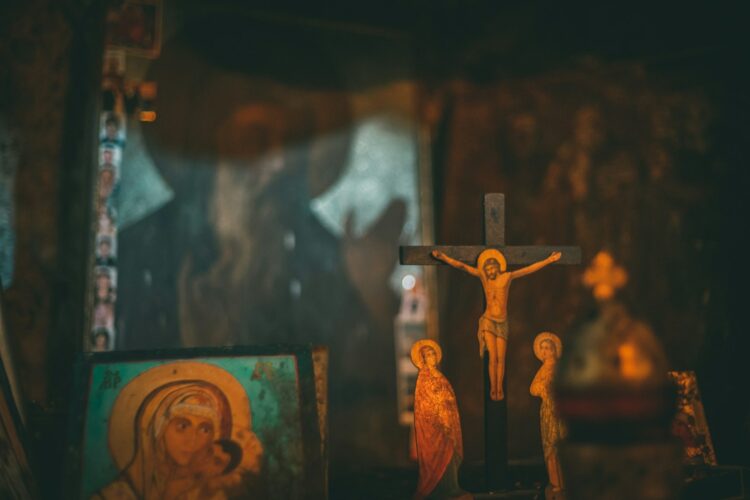
Orthodox services may seem long and filled with chants, incense, and repeated prayers, leading some to see them as dull. In reality, these services are deeply symbolic and meant to engage all the senses. Every sound, sight, and action has meaning, creating an atmosphere of reverence. What looks repetitive is actually a rhythm of worship that has shaped faith for centuries.
They Are Not Allowed to Marry Outside Their Faith
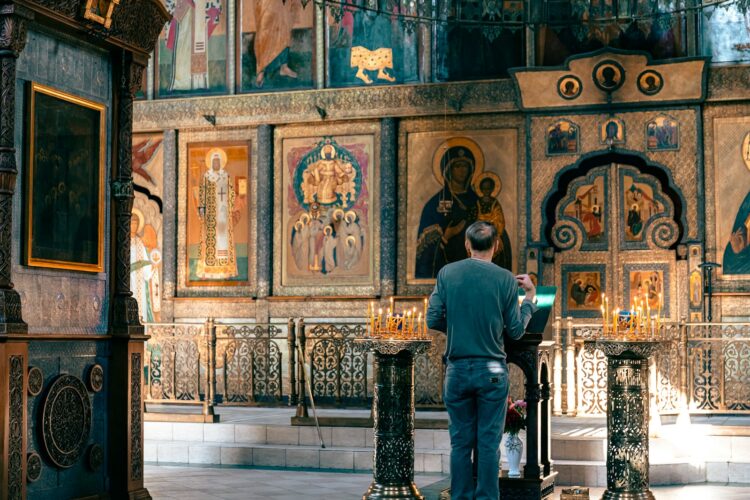
While Orthodox Christians are encouraged to marry within the church, it is not always forbidden to marry outside. In many cases, marriages between an Orthodox Christian and a non-Orthodox Christian can be blessed by the church. The misconception comes from a strong emphasis on keeping faith central in family life. The church seeks unity in belief, but it does not automatically ban mixed marriages.
They Reject Modern Life Completely
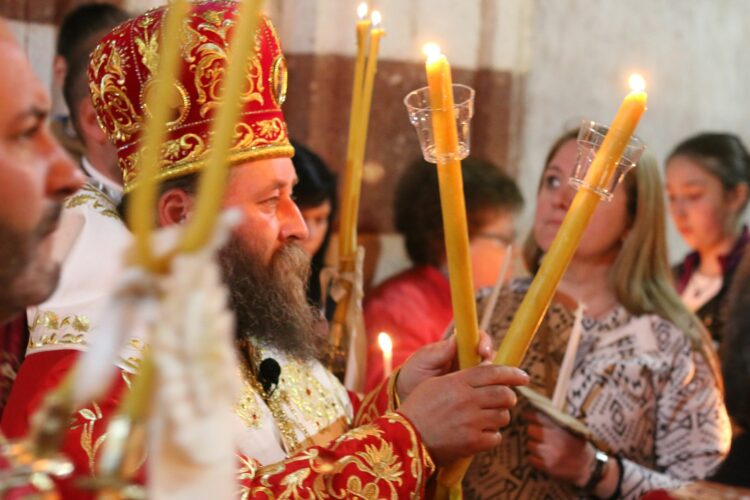
Because Orthodox worship feels ancient, some assume followers reject anything modern. This is not true. Many Orthodox Christians use technology, attend universities, and work in every field. Their faith encourages living in the modern world while staying rooted in tradition. The goal is not to reject modern life but to approach it with values shaped by their beliefs.
They Do Not Evangelize
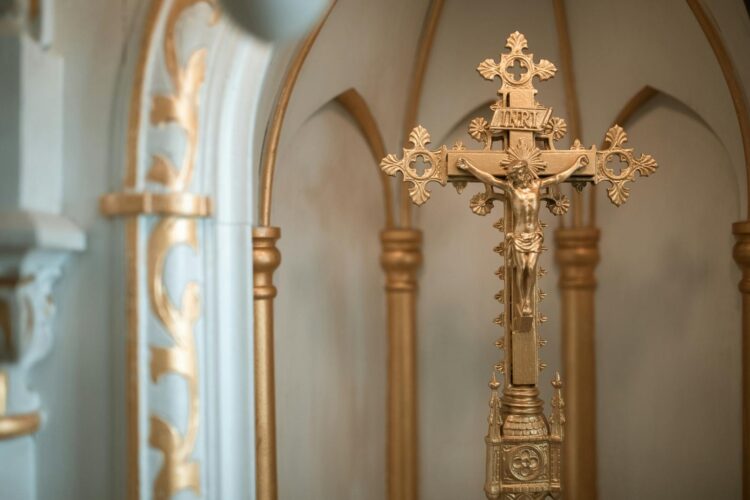
Unlike other Christian groups, Orthodox Christians are often seen as quiet about their faith, leading to the misconception that they do not evangelize. In reality, they do share their beliefs, but in a different style. Witnessing is done through hospitality, service, and the beauty of worship. The church focuses less on aggressive outreach and more on drawing others by example.
They Are Divided Into Many Different Religions
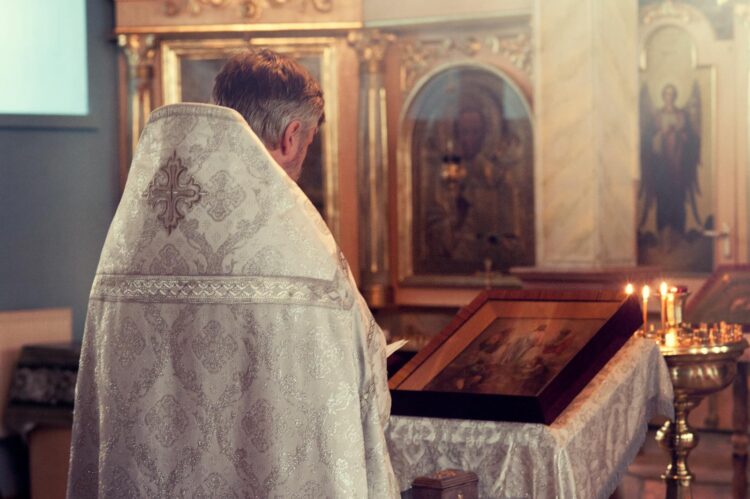
With churches called Greek Orthodox, Russian Orthodox, and others, many assume these are separate religions. But they are all part of the same Orthodox faith as they share theology and worship while reflecting different cultures. These variations are like different branches of one family tree. The unity of belief remains, even if languages, customs, or music styles differ between communities.
They Do Not Value Personal Faith
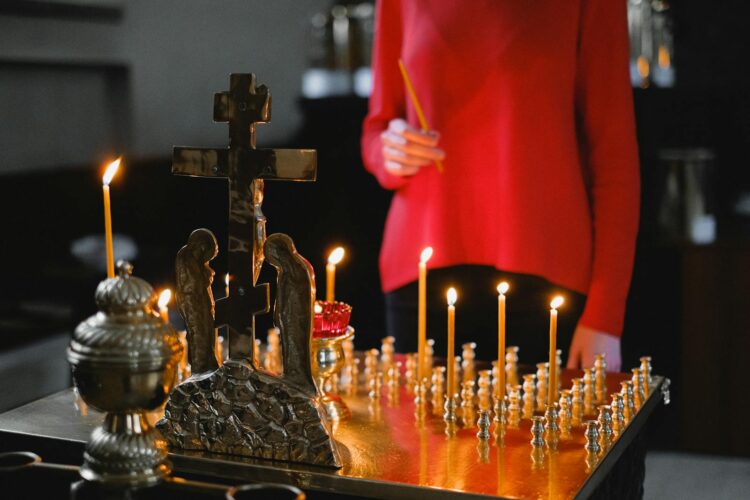
Some think Orthodoxy is only about rituals and tradition, not personal belief. The reality is that Orthodoxy deeply values personal faith and the inner life. Prayer, repentance, and spiritual growth are central. The rituals are meant to guide and strengthen personal devotion, not replace it. An Orthodox Christian’s relationship with God is both communal and deeply individual.
They Cannot Relate to Other Christians
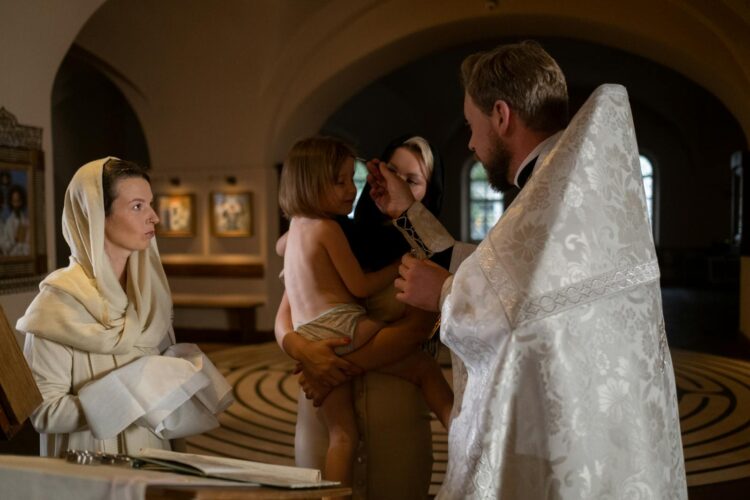
Because Orthodox practices are pretty unique, people sometimes think they cannot connect with other Christian groups. While some differences exist, Orthodox Christians still share the core of Christian belief: faith in Jesus Christ, the Bible, and the hope of eternal life. So Orthodoxy may look different, but it remains part of the larger Christian family.

